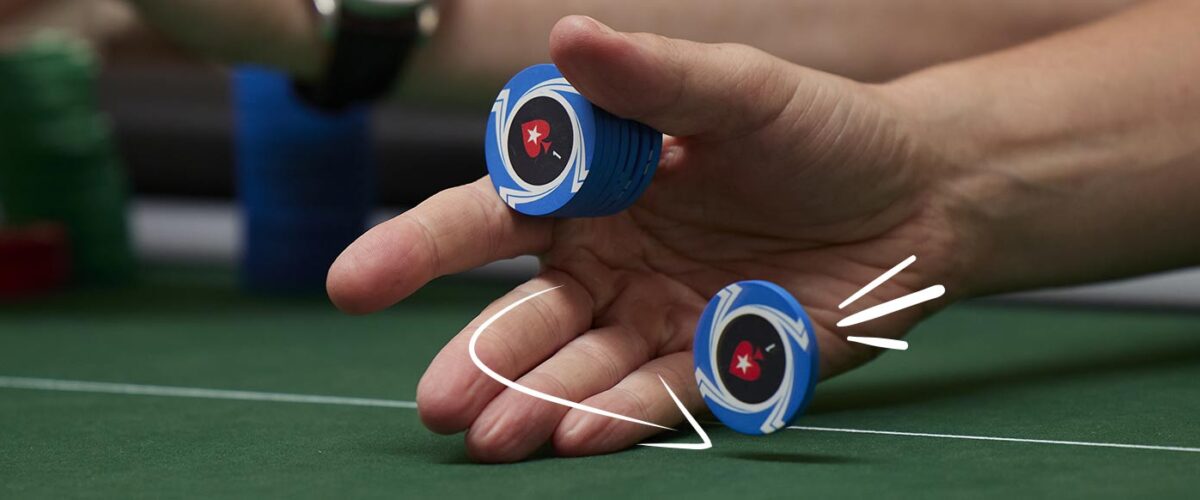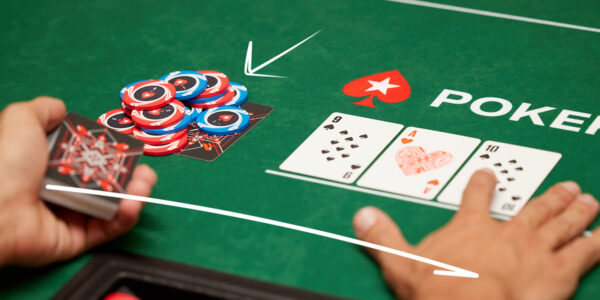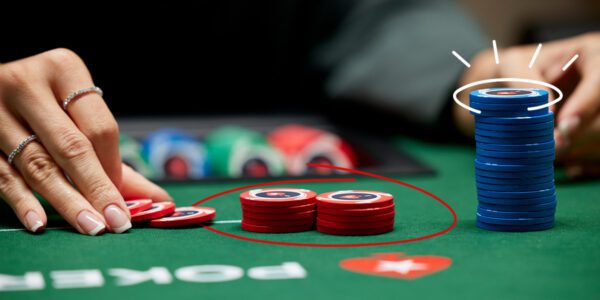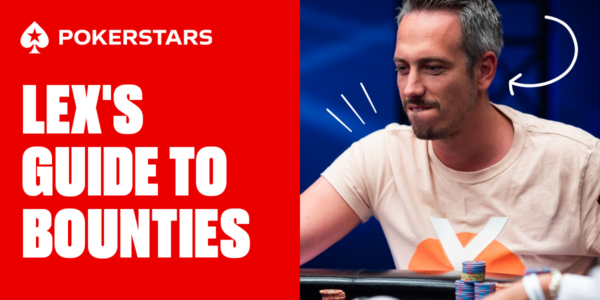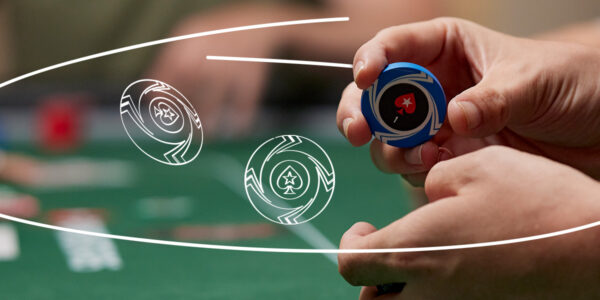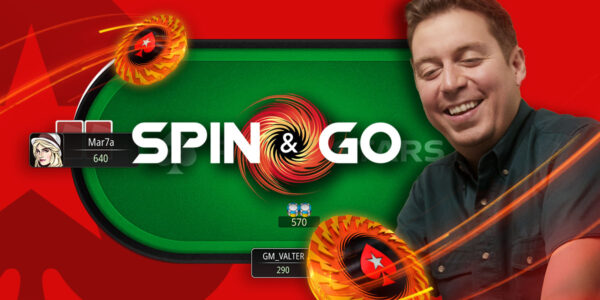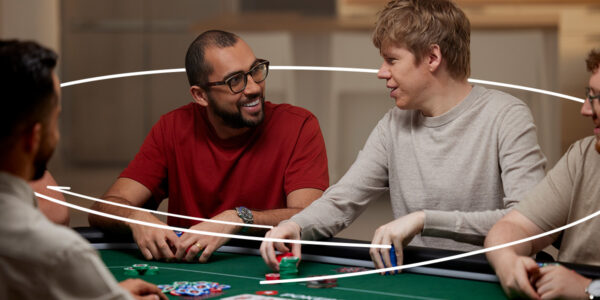How to Play Bounty Builders 101
In this episode, PokerStars Team Pro, Lex Veldhuis, shares key insights into how to approach Bounty Builder tournaments. These fast-paced tournaments, where each player has a bounty, require an adaptable strategy. By reviewing Lex’s thought process for every hand in a $1 Bounty Builder, you’ll learn how to scout the table, isolate opponents with bounties, and make optimal decisions at every stage.
Scout the Table for Bounty Opportunities
As soon as you get a hand in a Bounty Builder, scan the table to determine if any players have low stacks that could influence the action. Look for players with only one or two big blinds left who will likely bet aggressively to try and score a bounty before busting out. Be prepared to make larger raises pre-flop to price these players out and avoid multi-way action post-flop. You should also look for indications that other players are making decisions based solely on the chance to win a bounty.
Isolate Opponents to Win Bounties
When an opponent with a bounty goes all-in for a relatively small amount, you usually want to isolate them by raising enough that other players fold. That way, you can try to eliminate them and claim their bounty. Even if you have a marginal hand, the bounty and dead money make calling or re-raising a strong play. Be aggressive in these spots, especially as the blinds increase, to give yourself more opportunities to win bounties, but be careful not to blindly call off your whole stack without solid equity.
Play a Patient and Adjustable Strategy
While Bounty Builders move quickly, you still need to be patient and make prudent decisions. Don’t feel obligated to react to the action happening around you. Look for opportune moments to make a move, but if the situation calls for it, don’t be afraid to fold marginal holdings and wait for a better spot. You also need to continually adjust your strategy based on the action of specific opponents and the stage of the tournament. Early on, play relatively tight to avoid busting out quickly, but as the blinds increase, open up your range to stay ahead of the escalating pace of play.
Lex highlights that one of the worst things you can do if you lose a big part of your stack early is to start panicking. When this happens, you have to adjust to play with your new stack and keep playing the hands as you would with a larger stack.


